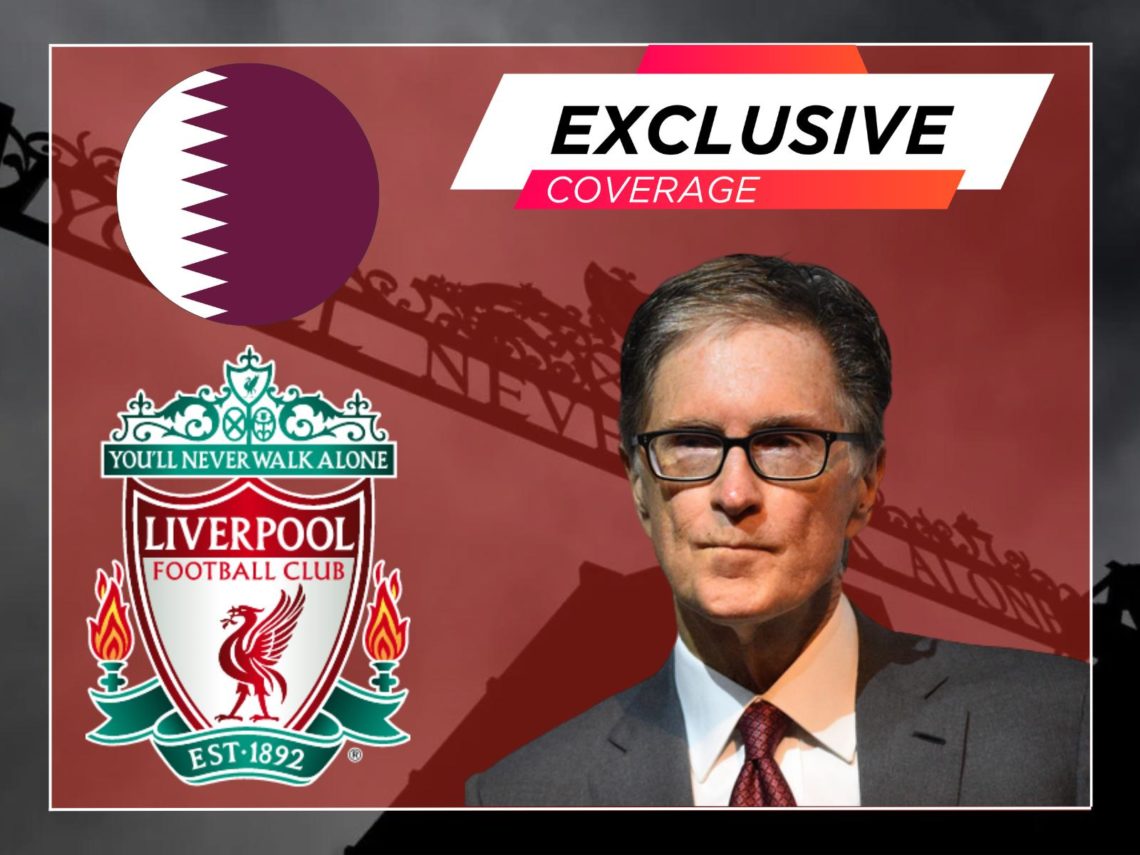
Revealed: The ‘real reason’ Qatari investors have turned noses up at Liverpool takeover
The Qatar Investment Authority (QIA) likely shunned the opportunity to buy a stake in Liverpool because they believe the model used by Fenway Sports Group to value the club is inaccurate, Football Insider has been told.
It was widely reported in November when FSG announced their intentions to take on external investment in Liverpool – either in the form of a full or partial takeover – that they value the club at around £4billion.
It now appears that the Boston-based financiers favour offloading a minority stake, but one which values the club at the same price.

That is not far shy of the £4.5billion which the Glazer family are expected to bank when they pick their successors at Man United, with QIA among the favourites to seal a deal.
The sovereign wealth fund was linked with a Liverpool takeover soon after FSG’s invitation to bidders but are now focusing all their firepower on United.
Vivaswan Mukherjee, a chartered accountant and valuations expert, believes FSG may have employed the wrong metric to appraise their asset.
“Using the Markham Multivariate Model, the best model for valuing clubs, you arrive at a valuation of about £1.2bn,” he told Football Insider.
“That seems low, although it could be that investors think other valuations are overpriced given the relatively low year-on-year profits that clubs generate.
“If you were to use the Chelsea takeover as a benchmark, you’re probably looking at paying around £5billion with a premium.
“The Glazers value United at around the £6-7bn mark, but most interested parties are believed to be offering around £4.5bn. United have greater revenue and, while Liverpool have a fantastic history, a stronger brand than their rivals.
“I’d conclude from this that investors probably value Liverpool around £3-3.5bn. But the market doesn’t think they are worth that.
“If QIA are interested in United, why not Liverpool? On face value, Liverpool might be more attractive given that they averaged profits of £60m in the two years pre-Covid, while United averaged just £7m.

“But a better way to look at it is in terms of EBIT, which takes into account non-recurring income such as player disposals.
“Liverpool average just £5m there compared to United’s £46m. QIA see more potential there with United than Liverpool. That might be the real reason they have got cold feet.”
In other news, Liverpool handed boost in bid to sign £80,000-a-week star after Raheem Sterling reveal.
